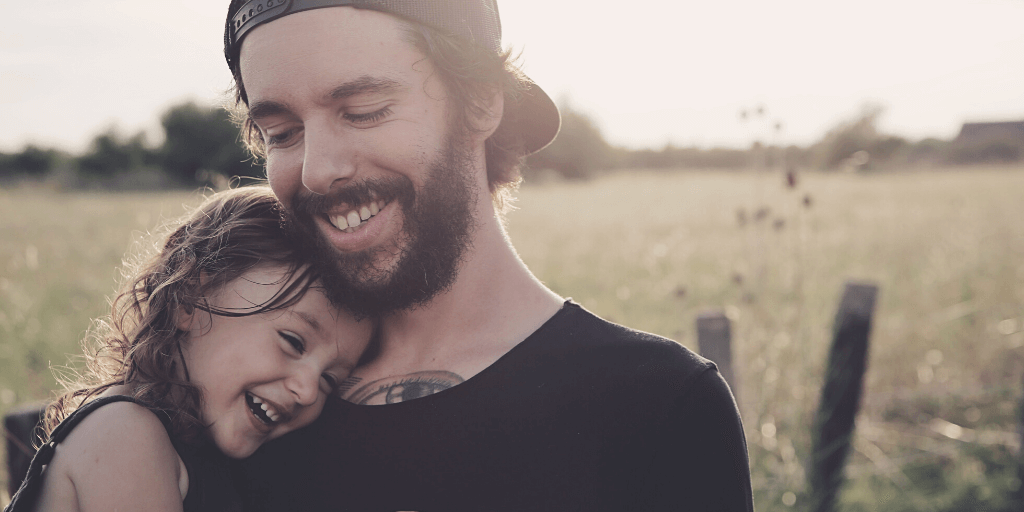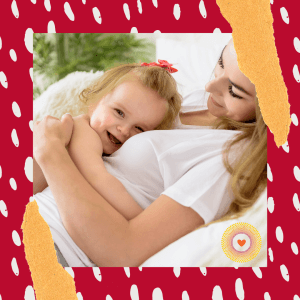
Mindful Parenting
The practice of mindfulness has many benefits. Amongst these, in our work with parents and families, we have observed that it can support parents in their efforts to develop contingent and thoughtful rather than reactive ways of responding to their children. Hanif Reza Jaberipour explains why and shares ideas for parents to get started,
The practise of mindfulness has many benefits. Amongst these, in our work with parents and families, we have observed that it can support parents in their efforts to develop contingent and thoughtful rather than reactive ways of responding to their children.
This transformational change in parents comes as the result of the regular mindfulness practice and is reflected in improved relationships and better ways of communicating and connecting with their children (Slade et al, 2005a, 2005b; Grienenberger, 2006; Slade, 2006; Singh et al, 2010; Kabat-Zinn, J. (2013); Creswell J.D. (2017)).
Specifically, research has shown that being mindful:
- helps parents be more aware of their own feelings, thoughts and bodily sensations
- helps parents become more aware of their children’s non-verbal and relationship needs
- increases a parent’s ability to stand back from situations without responding immediately or inappropriately
- gives parents more choices in their behaviour, and
- engages parents’ thoughts and feelings (emotional and cognitive selves) in the choices that they make in responding to their children.
In short, the regular practice of mindfulness improves our ability to manage our emotions and stay present.
By increasing our ability to access this calmer more rational state, a parent is less likely to lash out reactively, reducing possible harm to children, and more likely to make thoughtful reasoned decisions on how to respond to behaviours they find challenging.
Throughout our Bringing Up Great Kids parenting program, we have underpinned our approach with the research showing the impact of mindfulness to improve parenting capacity. The facilitators work to provide parents with a range of opportunities to practise mindfulness and develop their ‘mindful strategies’ toolbox.
Most of our mindful activities are basically about intentionally doing for a few minutes, what we very frequently do every day. We are all experts in breathing, walking, eating, drinking, hearing, looking, and smelling. We don’t need to concentrate on any of the above to perform them. They can be done on autopilot! But the decision to intentionally do what we are expert at can support us with another skill; mindfulness. Mindful breathing, for instance, is about making the decision to intentionally do what used to be done by itself during the day.
A short and beautiful definition of mindfulness is “bringing the mind where the body is”. I often ask parents and educators whether anyone had ever the experience of driving and getting to their destination and suddenly realising that they don’t remember how they got there. This is a familiar experience to almost everyone who drives. Now mindful driving is about driving the car and being present in the car. Hence the common theme between all mindful activities (at least in BUGK programs) is to pick an autopilot activity and do it intentionally for a few minutes in a chosen way.
To finish, I want to suggest some unusual mindful activities that may become a bit fun if you choose to try them. The disclaimer is that you need to think and mindfully choose before trying each of them. For some of them you may need to choose the right person/thing should the activity require a partner.
 Mindful blinking: intentionally blinking for a number of times
Mindful blinking: intentionally blinking for a number of times
Mindful ironing: ironing your clothes while being completely present to the whole job
Mindful hugging: hugging someone and feeling each and every second of it
Mindful swimming: swimming while feeling how the water covers and touches every square inch of your skin
Mindful looking: being present to the way you are looking at other people (this is what already happens these days in online meetings when you see yourself looking at others)
Mindful advising: This activity is particularly useful if you have adolescents. Being present to the mood of the person who receives the advice and to the feeling it provokes.
I am sure that by now you have plenty of other ideas for mindful activities to add to the toolbox and you are ready to write your own manual of mindfulness.
